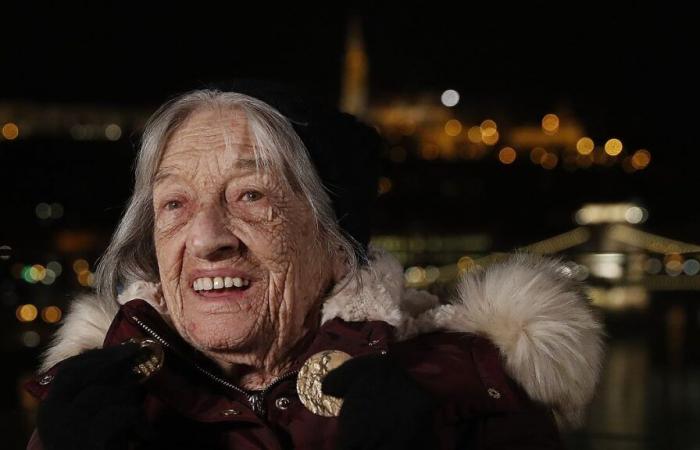This article was originally published in Hungarian
Ágnes Keleti, five-time Olympic champion, died this Thursday morning. The Hungarian gymnast was voted national sportswoman of the year in 2004.
ADVERTISEMENT
Five-time Olympic and world champion, Hungarian gymnast Ágnes Klein, has won more Olympic medals than any other athlete from her country.
Suffering from heart failure and breathing difficulties, the world’s oldest champion was taken from her home in Budapest to Honvéd Hospital on Christmas Day and died there at the age of 103.
Survivor of the Great Depression and Holocaust
A gymnast of Jewish origin, registered in Budapest on January 9, 1921 under the name Ágnes Klein, Ágnes Klein began her sporting career at the National Gymnastics Club before making her debut for the Hungarian national team at the age of 18 years.
After living through the Great Depression under an alias, Ágnes Klein, her mother and her brother were saved by Swedish diplomat Raoul Wallenberg. His father, a factory owner, and several members of his family were killed at Auschwitz.
A medal record
The sportswoman participated in the post-war Olympic Games in London in 1948, but a broken ribbon forced her to give up competing. Her first major international success came a year later at the World University Championships in Budapest, where she won several sets and the combined event.
Ágnes Klein also racked up medals at the 1952 Helsinki Olympics, winning the Olympic gold with her artificial free exercise (the ancestor of the floor exercise), as well as a silver and two medals of bronze.
Four years later, the gymnast, then aged 35, is considered the best in the world. She crowned her career with four gold medals at the Melbourne Olympics, on floor, beam, high bar and handball, and finished second in the individual and team events.
She received numerous awards and distinctions in Hungary (including the MOB medal, the Presidential medal, the Immortal of Hungarian Gymnastics, Pro Urbe Budapest), and her last club, UTE (Keleti played for the former Dózsa of Budapest from 1954 to 56), named his gymnasium in honor of his greatest pride.
Installed in Israel in 1957, Ágnes Klein was captain of the national team, professor at the Israeli college of physical education and referee of international competitions.
Additional sources • National Sport
Morocco






